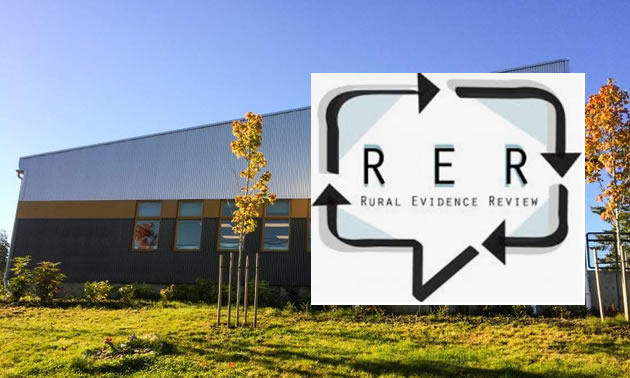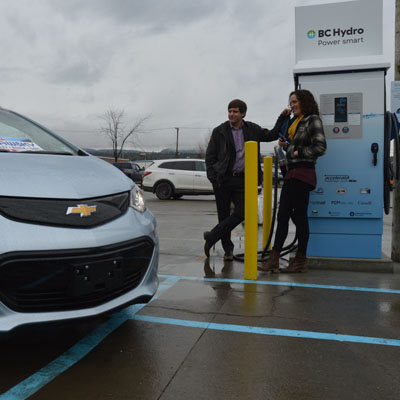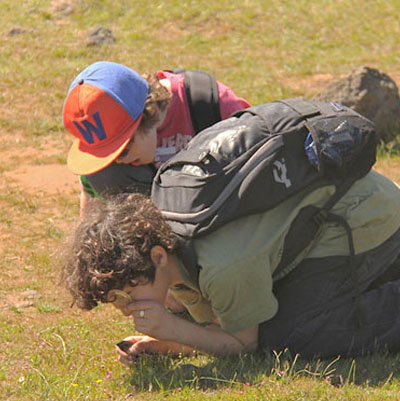Have your say on rural health care challenges

Health care in rural communities is challenging. The Rural Evidence Review survey aims to better understand and provide rural health care planning in British Columbia — Photo courtesy Centre for Rural Health Research
Accessing quality and timely health care in rural communities in British Columbia can be challenging—a lack of nearby health services and specialists, demographic isolation and long wait times for care can be frustrating. The Rural Evidence Review (RER) team developed an online, anonymous survey to learn about health care priorities and challenges. The goal of the project is to work with rural residents, patients and communities to better understand and provide rural health care planning in the province.
To date, more than 1,500 survey responses have been received from across the province, representing 211 rural communities. A summary of the findings so far has been released. Difficulties travelling for care was an often-cited concern with many rural residents having to travel long distances for care, often paying out-of-pocket expenses related to travel. A lack of family physicians leads many people to rely on emergency services for non-emergency issues and the high turn-over rate of rural physicians leads to a lack of continuity of health care. Local home care and long-term care facilities are often non-existent in rural communities, forcing vulnerable seniors to leave their home communities and placing them far from family and friends. A summary of the entire report can be found here.
The voices and experiences of rural citizens and patients are critical for health care planning in British Columbia. The Rural Evidence Review survey will be ongoing until the project’s end in March 2021. A follow-up survey has also been created to understand patients' out-of-pocket costs when travelling for health care - the survey can be accessed here. The Rural Evidence Review (RER) project is a joint initiative between the Centre for Rural Health Research (Department of Family Practice, University of British Columbia) and the Rural Coordination Centre of British Columbia.






Comments